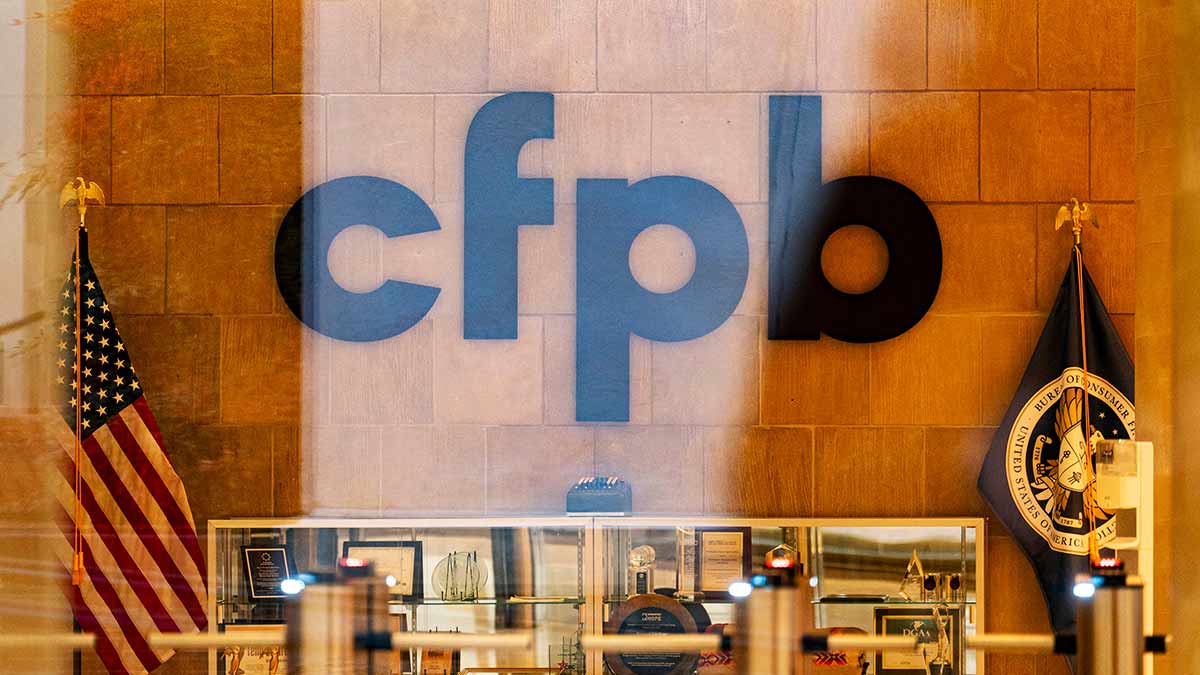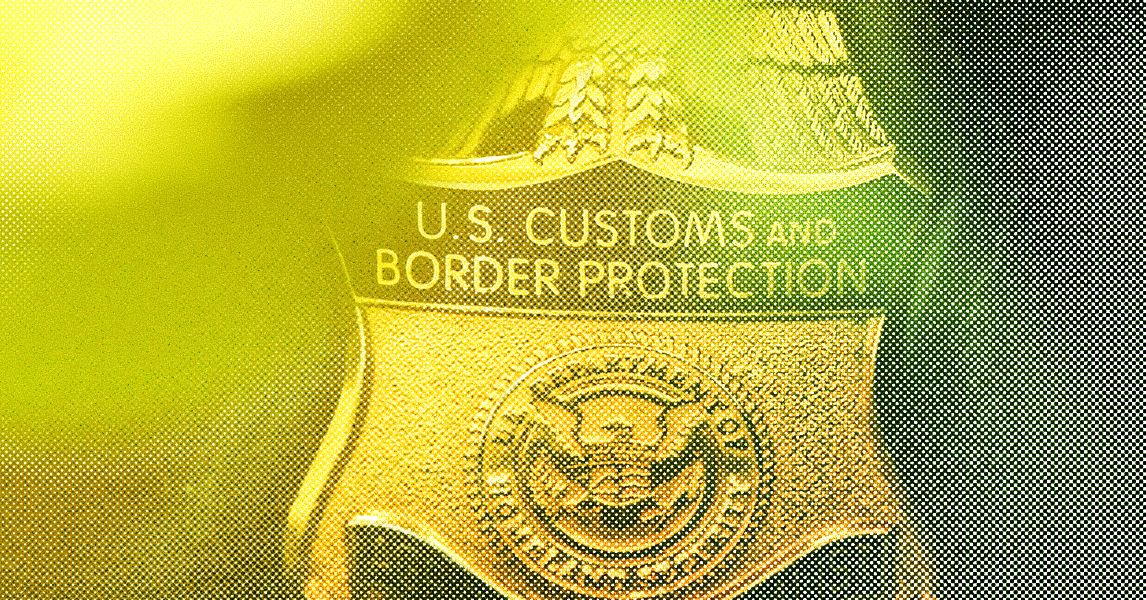
The move is perhaps not surprising, given that the CFPB has drawn the ire of Republicans, the banking industry, and other industry groups since its creation 14 years ago. Formed by Congress in the wake of the 2008 financial crisis, the CFPB has worked to rein in banks, credit card companies, predatory lenders, big tech, and credit reporting agencies. In that time, it has clawed back more than $21 billion for consumers, in the form of reimbursements and forgiven debt.
But since the presidential election, opposition voices have grown louder. Elon Musk, the tech billionaire tasked with cutting federal programs, bluntly called on the Trump administration to “Delete CFPB.” Sen. Ted Cruz (R-Texas), along with six Senate Republican co-sponsors, introduced legislation last week to defund the agency entirely.
For now, the CFPB is in limbo. In a bizarre episode on Monday, lawyers for two Texas banking industry groups and the CFPB were scheduled to deliver oral arguments before the U.S. Fifth Circuit Court of Appeals. Instead, a lawyer for the Texas Bankers Association spoke for 20 minutes, arguing that a government rule requiring small businesses to disclose information about loan recipients was unconstitutional. The CFPB government lawyer—who was expected to argue in defense of the rule—remained completely silent, even as judges repeatedly asked about what the government intended to do going forward.
These changes to the agency are happening at a time of especially high stakes for consumers. “Consumers face an increasingly complex financial marketplace dominated by AI, big tech, and new digital products, making the CFPB’s work more critical now than ever,” says Delicia Hand, senior director of digital marketplace policy at Consumer Reports. “Without strong oversight and enforcement, consumers are particularly vulnerable to predatory practices, hidden fees, and data privacy violations.”
If the agency goes away, “a lot of people who don’t have a lot of resources are going to be hurt,” says Adam Rust, the director of financial services for the Consumer Federation of America. He points to the work the CFPB has done over the years capping bank late fees, banning unpaid medical debt from being reported to credit agencies, regulating new financial technology products, and more. “Reversing these rules would be harmful to a lot of people,” he says.
Here are five consumer-focused rules and actions that are at risk of being changed or stopped in their tracks, experts say.









